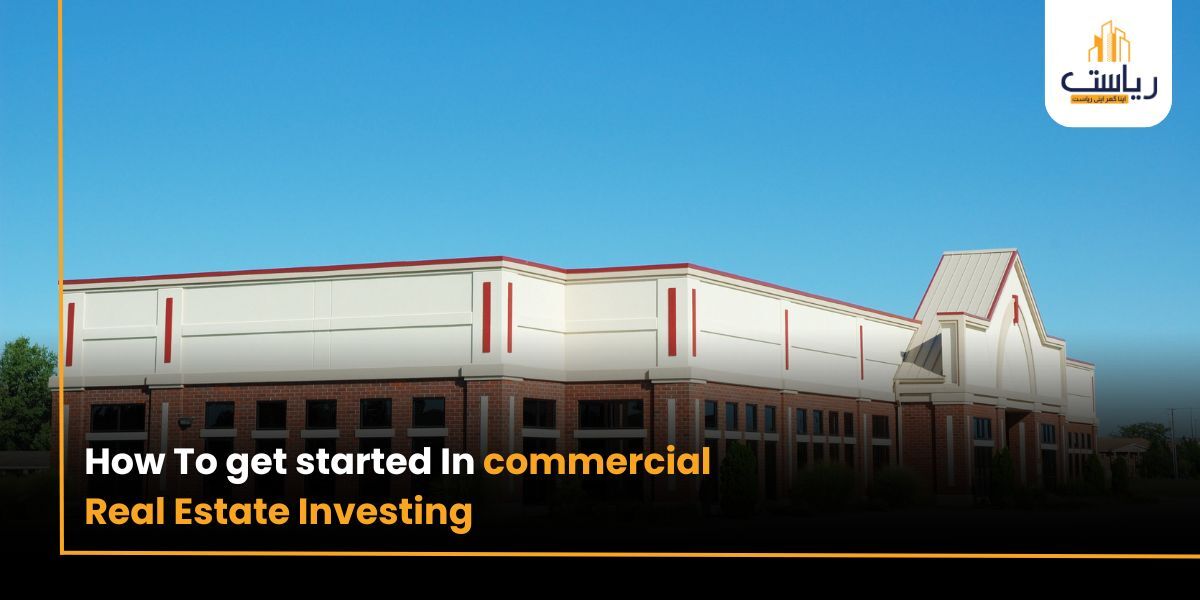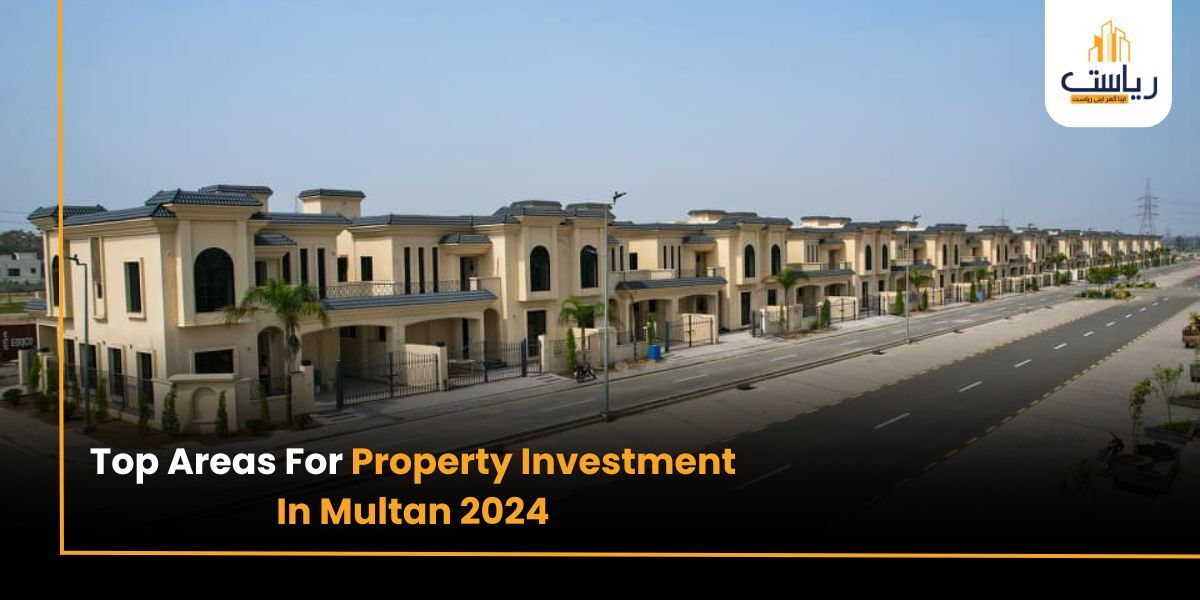When buying a property, the decision depends on personal goals and future plans. For many, owning a home is more than a financial investment. It brings stability, pride, and a space that reflects their lifestyle. Understanding the pros and cons of owning a rental property helps you weigh its benefits and challenges. It offers long-term financial growth through property appreciation.
However, it also involves maintenance costs and market risks. Buying a home needs careful thought about your situation, goals, and finances. If you want to learn more about these factors, this article will discuss the pros and cons in detail. It will provide insights to help you make an informed decision when choosing the right property.
Key Insights
Rental properties have many financial advantages, such as the opportunity to earn passive income, as well as tax benefits. Yet these may come with inconveniences attached, like being required to deal with maintaining the property and managing tenants.
Successful management includes understanding both sides so that informed decisions can be made. By maintaining the right balance, property owners can able to take the most benefit possible from investment property while minimizing risks.
- The property yields a good source of passive income.
- The taxes can be offset to lower the cost and increase the returns.
- Maintenance and tenant supervision is time and effort-consuming.
- Last but not least, property value and demand in rental properties will be affected by the market fluctuations.
Rental Property Basics You Need to Know
Understanding the rudiments of rental property management is a prelude to diving into the realm of rental properties. Rental properties usually mean the estate buys in order to let it out to tenants. Such a commitment defies the possibility of an unbroken flow of income while property values appreciate with time.
Location, marketability, condition of property and many other attributes such as legal obligations seriously determine the success or failure of this tenancy owner. Information about these aspects facilitates the full enjoyment of owning rental property with their attending risks.
Pros of Owning a Rental Property
A rental property can enhance your financial position and grow wealth through several advantages it possesses as an investor’s choice to earn passive income and maximize returns over the long haul.
How Property Taxes Help You
The most important benefit of being a property owner is tax reliefs. Owners of property can deduct expenses like mortgage interest, taxes on property, insurance premiums, maintenance costs, and even depreciation. Such reliefs can minimize taxable income significantly and result in huge savings.
Further, if such a property appreciates over a period, the owner stands the chance of benefiting from capital gains tax advantages at the point of sale. Thus, capitalizing on tax incentives from rental properties offers the most ingenious increases in profits.
Seasonal Rentals
Using the metrics of season, one may adjust and alter rental prices according to demand. Properties in popularly vacation destinations multiplied their incomes during the peak seasons. This excludes the property owners from putting limits on how much they can earn by taking advantage of trends in tourism as a factor in modifying a rental property’s benefits.
Yet successful management of seasonal rentals requires both marketing and maintenance strategies that would attract onsite tenants throughout the year.
Renting Extra Space
Earn more by renting an extra room in the house. It can be set aside in a basement, garage, or guest house as a source through which one can gain extra money without having to purchase more property.
It is perfect for homeowners wishing to gain more from their houses without incurring a huge investment in property rental.
Rental Properties Can Earn Passive Income
Probably the greatest advantage of rental properties is earning passive income: once the property is properly leased and systems are established, the income will probably turn out to be consistent while requiring minimum intervention on a day-to-day basis. This form of income can help balance mortgage payments and maintenance costs and allow further financial freedom options for spending.
Renting Out Your Home Gives You Flexibility to Return
This is also the greatest benefit that most investors think investment properties are all about.What some people do not realize is that a rental home gives you the option to go back into it when your circumstances change.
For example, if you temporarily relocate for work, renting out your primary residence will generate income while preserving an option to move back into it. This option is a significant benefit in owning rental property because it expands one’s horizons financially and personally.
Renting Homes Gives You Control Over Your Asset
As a landlord, it is completely your decision to make all the decisions regarding your property-including rent, tenant selection, what to do with the property, and how to manage it. You can have your future direction, putting in place personalized strategies that put you and your property in a financial position and maximize benefits from rental property.
Cons of Rental Properties
No gains without pains; owning rental property has its huge share of benefits, but equally, challenges may be encountered. One needs to prepare for these setbacks if the investment has to be enjoyed profitably and without much ado.
Lack of Liquidity
The major disadvantage of being a real estate investor is that it is not liquid; it is not possible to sell property quickly without a huge reduction in value. It is advisable for an investor to keep an emergency fund and carefully map out an exit strategy to mitigate these risks, ensuring financial security during market downturns or crises in personal life.
Increasing Property Taxes and Insurance Costs
Property owners ought to brace themselves for soaring property taxes as well with sky-high insurance premiums. Such rising costs reduce profitability and pinches your budget. Being up-to-date with local tax changes and shopping for competitive insurance rents also helps to curb costly expenses.
Handling Problem Tenants
Managing tenants is just a very hard thing to do. Among the late payments are damages within a property, all of which make a property owner feel the stress. In fact, screening a tenant before letting them into his home and a very clear lease agreement would greatly help in reducing much of the risk.
Unexpected Repair and Maintenance Costs
Repairs and maintenance at the most unexpected time come to the owners of rental properties. Whether they be plumbing issues or appliance replacements, those expenses can add up easily. Budget maintenance and have a reserve fund to help manage these unpredictable costs.
Unfavorable Changes to Tax Code
Changes in tax legislation can reduce the positive impact of affordable housing on rental-property owners. When deductible expenses are reduced or property tax takes an upward turn, profit margins reduce. Continuing to remain abreast of the tax regulations and talking to a tax advisor may facilitate maneuvering through such circumstances.
Responsibilities as a Landlord
Most superficial images of landlords envisage someone who only collects rent and does not bother with other issues of the property. Unfortunately, maintaining the property, ruling out lease violations, maintaining the rights of tenants, and being involved in all these things is what being a landlord is all about-a lot of work that might be combined with tension, energy, and time wastage in the majority of the cases. And for some property owners only-for the first time-may this tension be really experienced.
Pros and Cons of Owning Rental Property
| Pros | Cons |
| Steady rental income | Property Management challenges |
| Property Value Appreciation | Vacancy Risks |
| Hedge Against Inflation | Maintenance And Repair Costs |
| Tex Advantages | Tenant Related issues |
| Investment Diversification | Market Fluctuations |
| Greater control over the investment | Legal and regulatory compliance |
| Growing demand for housing | High initial investment |
Is a Rental Property Worth It?
Assessing whether or not investing in a rental property pays off depends on your financial goals, risk tolerance, and obligation. While the merits of owning a rental property include passive income and property appreciation, the threats posed by it include maintenance and property management. Wise planning and financial preparation dictate that rental property would count as an asset in your investment portfolio.
How to Buy a Rental Property
Having a solid research and financial planning prior to purchasing a rent house is important. First, analyze your budget and get a financing application approved, then perform market research. A good location for the property is one with high demand for rentals. Inspecting the property can help you determine possible issues and calculate returns. You can also take guidance from real estate professionals in this regard.
Helpful Tips for Rental Property Owners
Successful management of a rental property is a result of proactive planning and smart decision-making. These tips can be used by owners of properties to maximize or protect their property investment returns while minimizing risks related to the investment.
- Screen tenants thoroughly to avoid potential issues.
- Set competitive rental rates based on local market trends.
- Budget for regular maintenance and unexpected repairs.
- Stay informed about local laws and tax regulations.
- Maintain open communication with tenants to build trust and resolve issues promptly.
- Consider hiring a property management company if managing tenants and maintenance becomes overwhelming.
Conclusion
There are numerous financial gains with rental property ownership, but it does not come without a few problems. These benefits include almost continuously earned passive income, tax benefits, and control over assets; while some of the disadvantages of rental properties include maintenance responsibilities and market fluctuations. Thus, with all of these factors considered, evaluation of the merits and demerits of owning rental property will lead to profitable decisions in line with your financial goals.
Owning rental property can be a great way to build wealth for many, especially when the individualized strategies are in place. At Riyassat, we specialize in helping investors navigate the rental property market to ensure maximum returns. For best solutions and expert advice on rental properties in Multan and surrounding areas, contact Riyassat today at 0333 7387575. Let us help you turn your real estate ambitions into reality!










